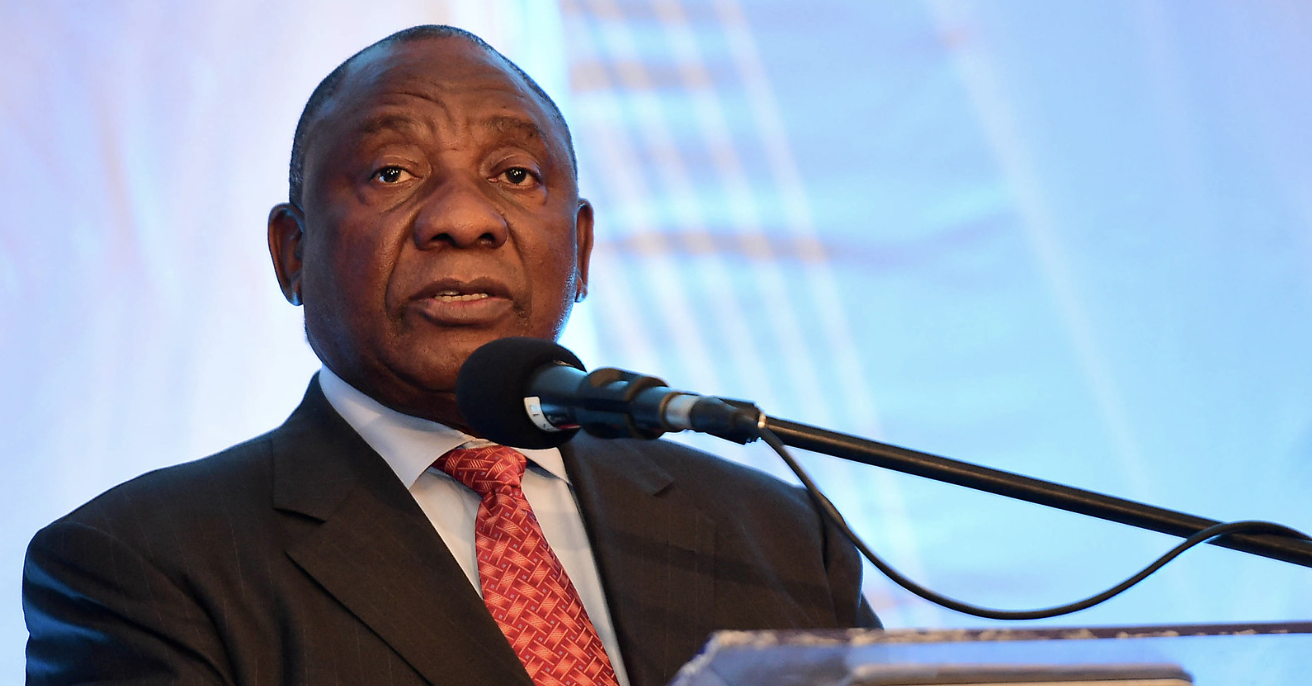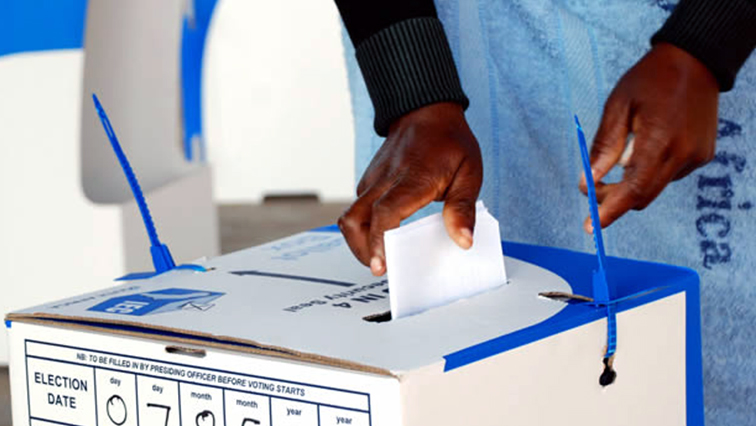News
Staying in Power at Any Cost — Ramaphosa’s Pivot to Populism
The million-billion-trillion-dollar question facing South Africa after the 29 May election is whether the country will descend into full-blown populism or pivot towards the centre and embrace the economic reforms needed to grow the economy.

Research Director, The Brenthurst Foundation

Director, The Brenthurst Foundation

The ANC’s election machinery has finally kicked into high gear and it is likely that the party will avoid the fate of an election result below 40% as was predicted by polls in February.
Since then, the ANC has, thanks to diesel generators running at full tilt, low demand from a stagnant economy and private solar panels, managed to keep the lights on. It has been selling the idea that load shedding is a thing of the past.
And then, this week, it played its trump card when President Cyril Ramaphosa signed the National Health Insurance (NHI) Bill into law at a media circus in Pretoria.
In February, when the Bill was before Ramaphosa, he made the statement that he couldn’t sign it because he couldn’t find a pen. It turns out that he was saving the signing for the final weeks of the campaign when the NHI would be hauled out as evidence that the ANC was the true representative of the masses.
At the signing ceremony, Ramaphosa made a classic populist juxtaposition, saying: “The opposition is coming from well-to-do, rich people. This is what often happens. The haves don’t want the have-nots to benefit from what they have been having. We are saying, through NHI, all of our people must have equality, there must be equality.”
Let’s leave aside for a moment that Ramaphosa is at the very apex of the “well-to-do, rich people” pyramid and think about this statement. It suggests that as the ANC faces an uphill battle to keep its electoral head above water, it will not hesitate to shift to populism.
Ramaphosa has done this before, pushing for the amendment of the Constitution to allow for the expropriation of land without compensation, a feint which failed at the final hurdle when the ANC and the EFF could not agree on who should own the expropriated land — new private owners or the state.
Despite or perhaps because of State Capture, the ANC is emboldened by self-belief in its agency.
The populist juxtaposition removes from the NHI discussion the very real question of how it will be funded and whether it will stand the legal tests which await. The funding question has not been asked by “well-to-do, rich people”, but by countless political parties across the spectrum, health industry business leaders — who are often among the most eager to please the ANC — actuaries and economists.
In March, the finance minister made the astonishing statement that the funding model for the NHI would be decided after Ramaphosa signed it into law and that there was “no figure on the table from government” of how much it would cost.
“I have said in the White Paper there are different scenarios that have been proposed for financing healthcare. Once the Bill has been assented to by the President we will then work with the Department of Health on those scenarios and roll out the NHI,” Enoch Godongwana said.
His statement was about a health scheme that could cost as much as R1-trillion a year. The current South African budget is just under R2.4-trillion. The current national health budget is R272-billion.
This would require tax increases in South Africa’s low-growth economy in which, just in the last quarter, unemployment jumped by 0.8% to 32.9%, or 41.9% under the expanded unemployment definition. It’s not only the economic cost that is likely to be unaffordable, but the impact on the quality of healthcare and the integrity of the underpinning financial system as private and government spending are pooled under the NHI, never mind the impact of doctors, nurses and other health professionals leaving for better climes.
Shifting direction
No wonder some see major legal battles ahead.
This is classic “shoot, ready, aim” populism and suggests that the ANC is shifting in a populist direction to retain power at any cost.
It is possible that Ramaphosa is following the advice of the greatest of all the populists, the Argentinian president Juan Perón, who said, “You should indicate left but turn right”, but this is becoming less likely by the day.
The feeding opportunities in the slosh of NHI funding would make Eskom coal contracts seem like a petty distraction.
Despite or perhaps because of State Capture, the ANC is emboldened by self-belief in its agency. Instead of placing economic policy on a spectrum of what works and what doesn’t, it is obsessed with populist posturing, pitting the supposed left against the right, not the right against the wrong.
This power-at-any-cost tactic suggests that, should the ANC fall below 50% in the poll, it is more likely to seek partnership with the EFF and perhaps even the uMkhonto Wesizwe party, both of which are, in any event, genetic mutations of the ANC.

This is not good news for those who believe that a strong economic reform agenda is necessary to right South Africa’s finances and to see to it that there is sufficient investment in infrastructure to turn around the state’s disastrous delivery record.
This reform agenda has been outlined many times by none other than Ramaphosa but has failed at the implementation hurdle because of party grandees with too much at stake in the failing system. The feeding opportunities in the slosh of NHI funding would make Eskom coal contracts seem like a petty distraction.
There is form for no reform.
Ramaphosa has announced reforms of Transnet and the ports which have failed to come to fruition, and Eskom, saved for the moment by a surge in private power generation and the government’s appetite for diesel generators, remains precarious.
From being an agent for reform, Ramaphosa may now view such obsession with financial sustainability as the desire of the “well-to-do, rich people”. Brace yourself for reforms being shelved in favour of grandiose state schemes that will require massive taxation and a ravenous appetite for that other ready source of finance — pension funds.
The ANC’s populist friends will expect no less if a coalition deal is signed with them.
There is, of course, another coalition scenario, of a pivot to the centre. For that to happen, Ramaphosa will have to put South Africa first.
This article originally appeared on the Daily Maverick
Photo: Government ZA Flickr

